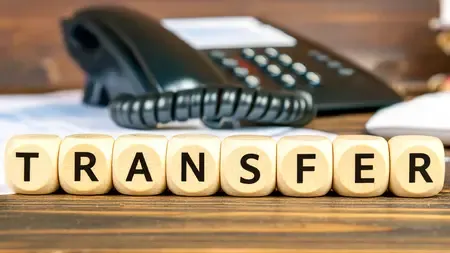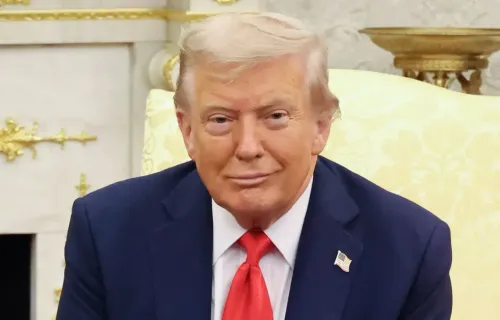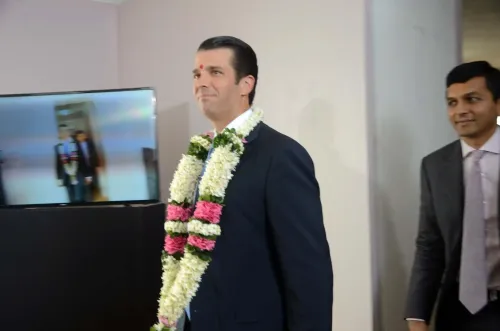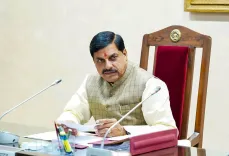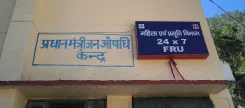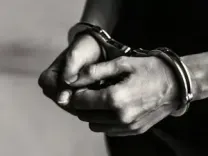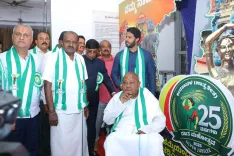Did Emergency Imposers Murder the Constitution and Seek to Enslave the Judiciary? PM Modi Reflects
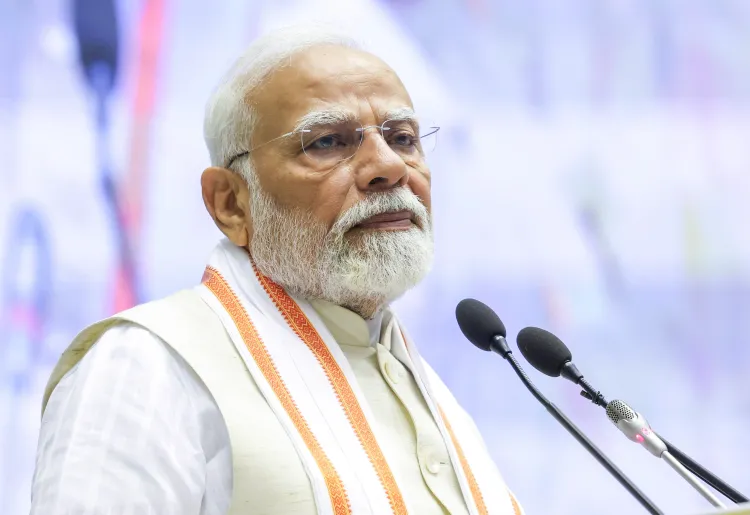
Synopsis
Key Takeaways
- The Emergency was a significant violation of democratic principles.
- Public resistance played a crucial role in restoring democracy.
- Commemorating past struggles is vital for safeguarding the Constitution.
- Historical reflections inspire vigilance against authoritarianism.
- Prominent leaders voiced concerns during the Emergency.
New Delhi, June 29 (NationPress) Prime Minister Narendra Modi on Sunday delivered a strong critique of those who enforced the Emergency in 1975, asserting it was not only a "murder of the Constitution" but also an effort to enslave the judiciary. In his monthly radio broadcast 'Mann ki Baat', PM Modi encouraged the public to honor the bravery of those who resisted the Emergency and to be inspired by their determination to protect the Constitution.
"The individuals who enacted the Emergency did not merely commit a crime against our Constitution but aimed to subjugate the judiciary," PM Modi remarked, referencing the 21-month Emergency imposed by then Prime Minister Indira Gandhi beginning June 25, 1975.
He reminded the populace that this period was characterized by rampant misuse of authority and the suppression of civil liberties.
While discussing 'Samvidhan Hatya Diwas', observed annually on June 25 to remember the Emergency's onset, PM Modi stated, "During this time, cruel atrocities were perpetrated against our citizens."
Emphasizing the strength of public dissent, the Prime Minister noted, "Through collective action, significant challenges can be faced," and played a historical audio clip of former Prime Minister Morarji Desai to highlight the extent of the Emergency's ramifications.
In the recording, Desai is heard stating, "The oppression began 5–7 years prior but peaked during the Emergency. The citizen's right to liberty was stripped away, media lost its autonomy, and the courts were rendered ineffective. Over 100,000 individuals were imprisoned. Such arbitrary governance is rare even in global history."
PM Modi remarked that Desai's statements reflected the gravity of the crisis, calling it a time when "people endured immense suffering."
He noted that figures like George Fernandes were "bound in chains," while many others experienced severe torture.
"Under the MISA (Maintenance of Internal Security Act), anyone could be detained without notice. Students faced harassment, and freedom of speech was stifled," PM Modi stated.
He praised the resilience of the Indian populace for opposing authoritarianism. "The people of India stood firm; they did not yield, nor did they forsake democracy. Ultimately, the will of the people triumphed—the Emergency was rescinded, and those responsible for it were defeated," PM Modi asserted.
PM Modi also shared a speech by Babu Jagjivan Ram, who portrayed the 1977 elections as not merely an electoral process but as "a significant movement by the Indian populace to dismantle the dictatorship and fortify democracy."
In another archival audio clip, former Prime Minister Atal Bihari Vajpayee remarked, "A peaceful revolution has unfolded. The surge of public power has cast the assassins of democracy into the annals of history."
Reflecting on the recent 50th anniversary of the Emergency's declaration, PM Modi stated, "We, as a nation, have commemorated 'Samvidhan Hatya Diwas'. We must always remember those who valiantly opposed the Emergency. Their courage inspires us to remain vigilant in preserving our Constitution's strength and endurance."

